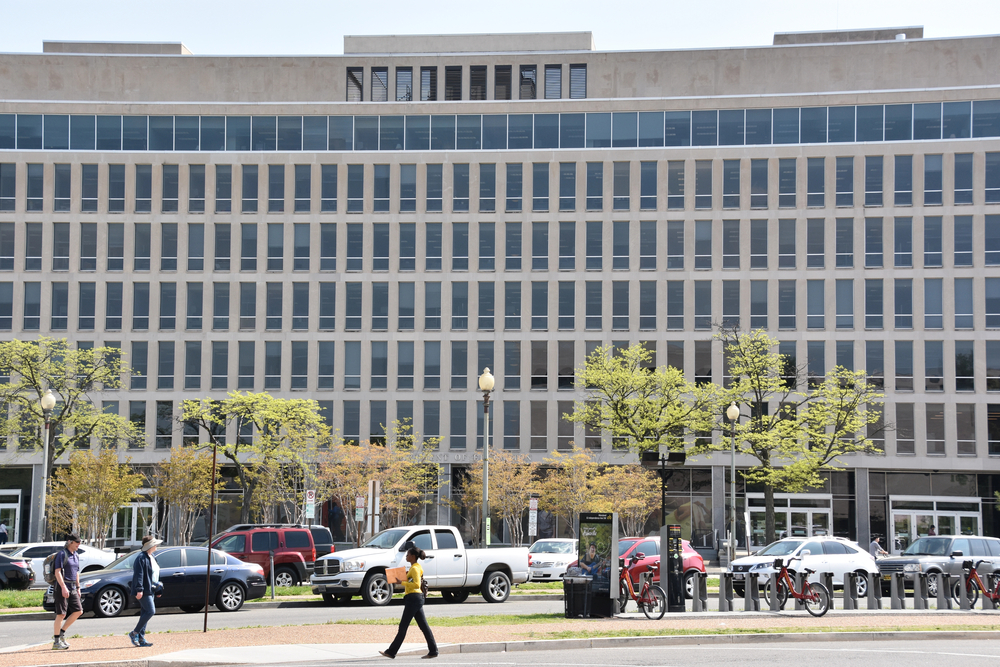
Colleges and universities were reminded last week of their obligations to comply with nondiscrimination requirements as a part of receiving federal funding.
In a February 14 Dear Colleague Letter, the Department of Education, Office of Civil Rights, stressed that discrimination based on race, color, or national origin has been and will continue to be illegal.
The Dear Colleague Letter (DCL) mentions a Supreme Court 2023 decision in Students for Fair Admissions v. Harvard (SFF) which clarified that the use of racial preferences in college admissions is unlawful. They are applying this decision beyond admissions decisions.
The Department states in the DCL, “At its core, the test is simple: If an educational institution treats a person of one race differently than it treats another person because of that person’s race, the educational institution violates the law.”
They further state, “Federal law thus prohibits covered entities from using race in decisions pertaining to admissions, hiring, promotion, compensation, financial aid, scholarships, prizes, administrative support, discipline, housing, graduation ceremonies, and all other aspects of student, academic, and campus life.”
The DCL provides several examples of violation of the law. The Department will take appropriate measures to assess compliance with the applicable statues and regulations no later than 14 days from the date of the letter.
The Department advises all education institutions to:
- ensure that their policies and actions comply with existing civil rights law;
- cease all efforts to circumvent prohibitions on the use of race by relying on proxies or other indirect means to accomplish such ends; and
- cease all reliance on third-party contractors, clearinghouses, or aggregators that are being used by institutions in an effort to circumvent prohibited uses of race.
Failure to comply with federal civil rights law may face potential loss of federal funding.
Complaints can be filed with the Office of Civil Rights using the online complaint form if someone believes that an educational institution has unlawfully discriminated against someone.


